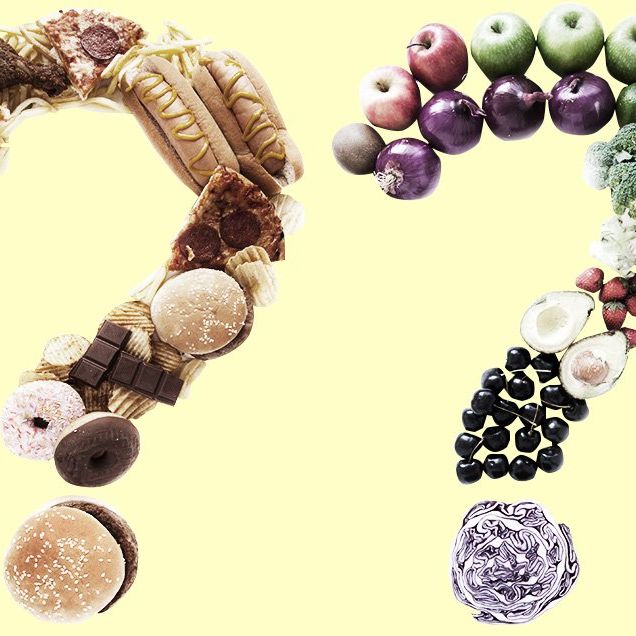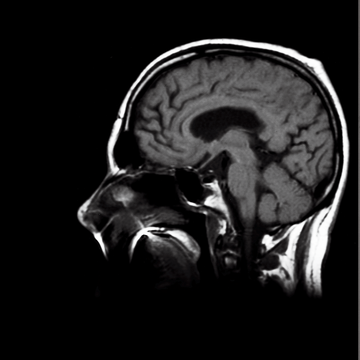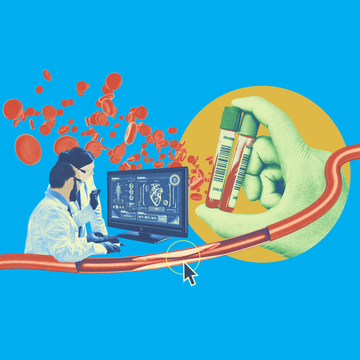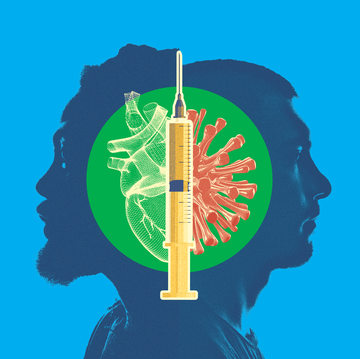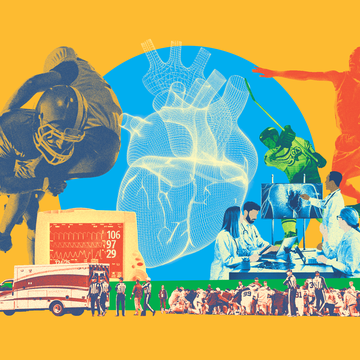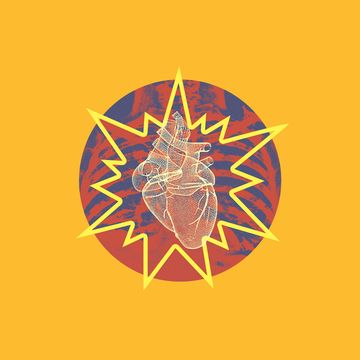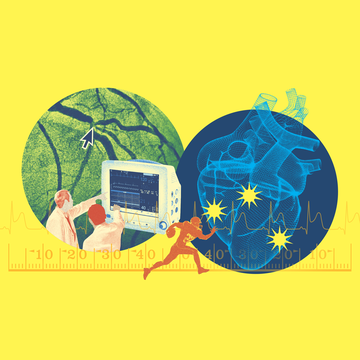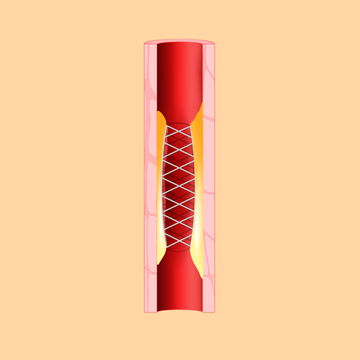You want to improve your diet. That’s a good thing, but do you know which foods you should include to help you reach your goal?
If you’re like many Americans, the picture isn’t quite clear. A whopping 96 percent of people seek out health benefits from what they eat and drink—most commonly for weight loss, heart health, energy, and digestive health—but less than half of them could identify a single food or nutrient associated with them, a new survey from the International Food Information Council Foundation found.
For instance, food sources of omega-3 fatty acids—think fish like salmon and tuna—have been shown to protect your heart. In fact, one Chinese study found that people who ate the most omega-3s were 17 percent less likely to die from heart problems. (These are 10 “healthy” foods nutritionists will never eat.)
But in the survey, only 12 percent of people associated omega-3s with heart health.
And while many identified increased energy as a top desired health benefit of their diet, less than 5 percent named caffeine as providing that benefit.
What’s more, less than half of all the people surveyed believed that unsaturated fats are healthy. (Here’s why reduced-fat foods are making you fat.)
One reason for this may be that 8 in 10 people say they’ve found conflicting advice on what to eat or what to avoid, which makes them doubt their food choices.
Another problem? Health halos may be clouding the real information out there on the food, the survey suggests. For instance, when faced with two products with identical nutritional labels, consumers are four times as likely to believe a fresh product is healthier than a frozen one.
The real deal is, , as we recently reported. But want to pack in even more health benefits to your meal? Try these 5 easy meal hacks that help you eat more nutrients without eating more food.
